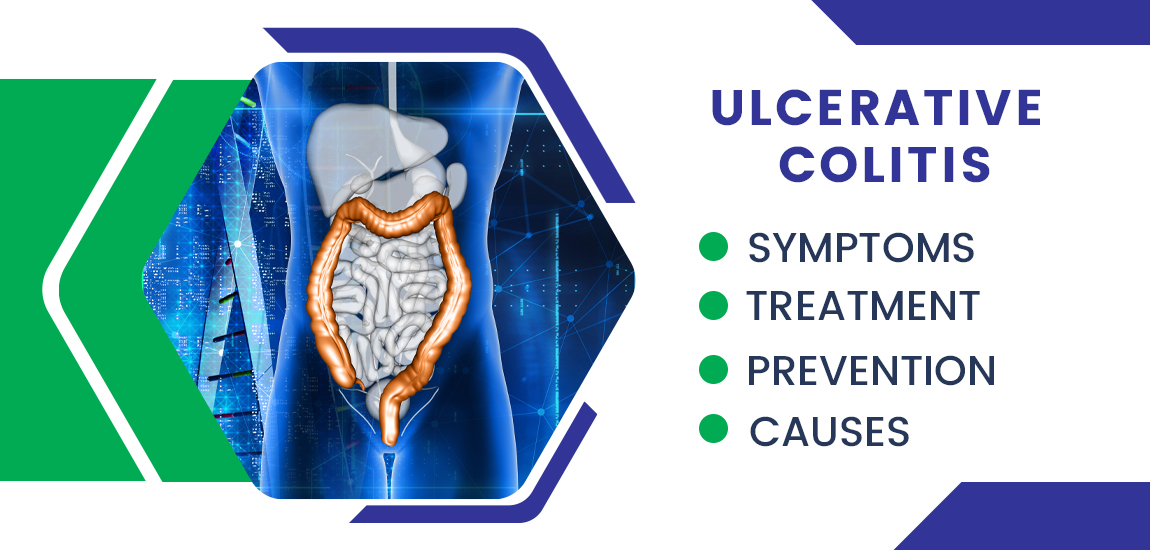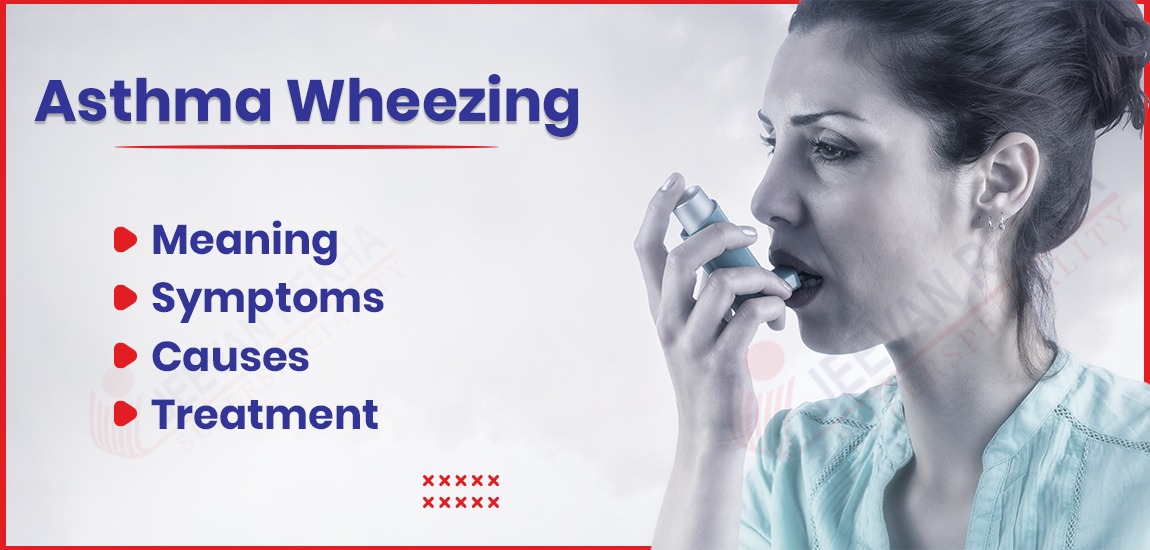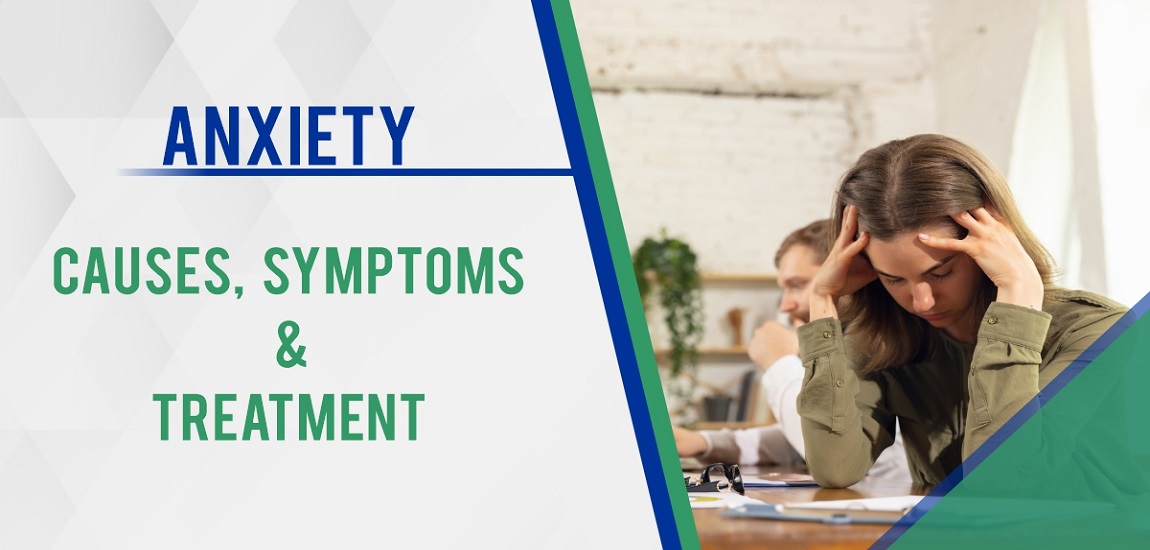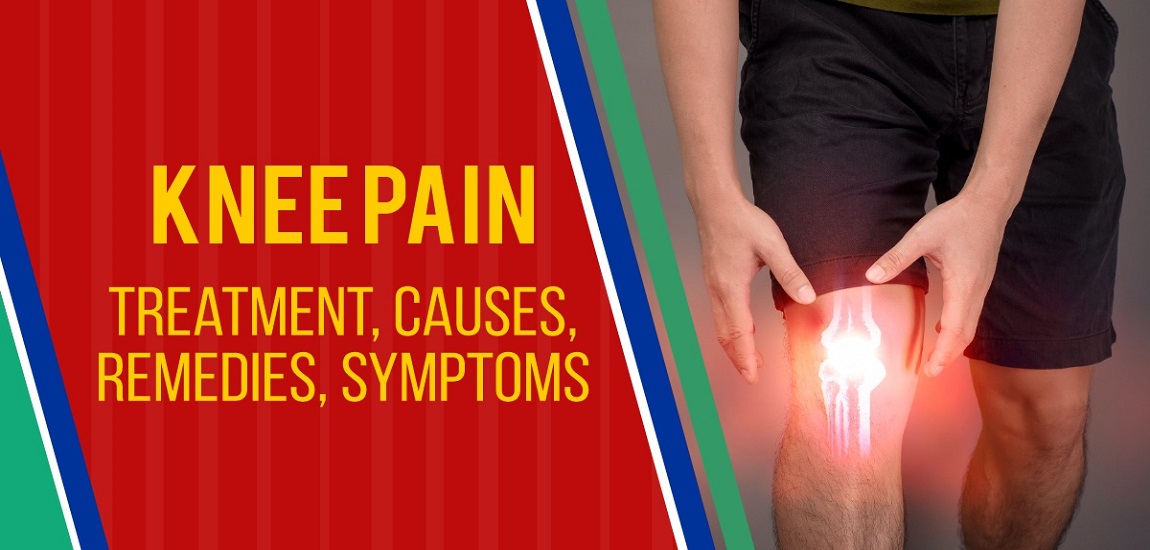
- By JRSH Admin
- In Health and Tips,
- Posted October 15, 2022
Ulcerative Colitis: Symptoms, Causes, Treatment, and Prevention
What is Ulcerative Colitis?
The disease ulcerative colitis (UC) is a form of inflammatory bowel disease (IBD). A group of diseases affecting the gastrointestinal system is known as IBD.
A person with UC suffers from inflammation of the lining of their large intestine (also called the colon or rectum), or both.
You develop ulcers on the lining of your colon because of this inflammation. There is usually an increase in inflammation in the rectum that spreads upwards. You can be affected by it throughout your colon.
You will experience frequent emptying and rapid movement of your bowel because of inflammation. Ulcers are formed when cells die in the lining of your bowel. Symptoms of ulcers include bleeding, mucus discharge, and pus discharge.
There are often life-threatening complications associated with ulcerative colitis. Despite the lack of a cure, some new treatments can significantly reduce the disease's symptoms and lead to long-term remission.
Symptoms of Ulcerative Colitis
Most ulcerative colitis patients experience diarrhea as their first symptom. Many people experience abdominal pain, cramping, and a strong urge to urinate. Stools become gradually looser, and some people experience severe desires to urinate and abdominal pain.
There are two types of diarrhea: slow and sudden. Inflammation has varying symptoms depending on its extent and spread.
The following symptoms characterize ulcerative colitis:
- Abdominal pain
- Bloody diarrhea with mucus
Some people may also experience:
- Anemia
- Elevated temperature
- Dehydration
- Fatigue or tiredness
- Loss of weight
- Loss of appetite
- A constant urge to pass stools
- Skin rashes
- Red, painful eyes.
As the day progresses, symptoms often become worse. There may be no symptoms for months or years in some cases. However, they will usually return without treatment and vary depending on the affected part of the colon.
Causes of Ulcerative Colitis
According to researchers, UC is caused by an overactive immune system. The reason why some immune systems attack the large intestine but not others remains unclear.
Several factors may influence who develops UC, including:
- Genes. The chance of having UC may be increased by a gene inherited from a parent.
- Other immune disorders. You are more likely to develop a second immune disorder if you have one type of immunity disorder.
- Environmental factors. Bacteria, viruses, and some antigens may trigger your immune system.
Types of Ulcerative Colitis
Five types of ulcerative colitis based on their location are as follows. These are:
- Ulcerative proctitis: The anus and rectum are usually affected by this type of ulcerative colitis, and bleeding is one of the earliest signs. A milder form of colitis, this type is considered to be less severe.
- Proctosigmoiditis: There are symptoms such as cramping in the abdomen, bloody diarrhea, and difficulty passing a motion, even though the urge to do so is strong.
- Left-sided colitis: It starts in the rectum and extends through the sigmoid colon and down to the descending colon. Patients may also experience weight loss without any explanation as well as the symptoms of proctosigmoiditis.
- Pancolitis: In this kind of colitis, the colon is affected entirely, causing bloody diarrhea, abdominal cramps, pain, and extreme fatigue.
- Acute severe ulcerative colitis: It results in severe symptoms including diarrhea, fatigue, cramps, and fever due to an acute form that affects the entire colon. It is common for patients suffering from this condition to be nauseated and unable to eat.
Diagnosis of Ulcerative Colitis
The healthcare provider has to rule out other conditions before he or she can diagnose ulcerative colitis in children, teenagers, and adults. Your provider may order the following physical exam:
- Blood tests: If you have an infection or anemia, your blood can show symptoms. Anemia occurs when your blood contains too little iron. There is a possibility that your colon or rectum is bleeding.
- Stool samples: The poop of an infected person or one who is infected can show signs of infection, parasites, and inflammation.
- Imaging tests: There is a possibility that your healthcare provider will need to see a picture of your colon and rectum. A magnetic resonance imaging (MRI) scan or computed tomography (CT) scan may be performed on you.
- Endoscopic tests: The endoscope consists of a thin, flexible tube equipped with a tiny camera at the end. The rectum and colon can be examined with an endoscope inserted through the anus by a doctor with specialized training. There are several common endoscopic tests, including colonoscopy and sigmoidoscopy.
What’s the difference between colitis and ulcerative colitis?
Colitis is a condition in which your colon is inflamed or inflamed. The cause of this can be several things, such as infection with viruses or bacteria. The severity of ulcerative colitis is higher since it is not caused by infection and it is a lifelong condition.
Risk factors of ulcerative colitis
Here are some known risk factors for ulcerative colitis include:
- Age: A person can suffer from ulcerative colitis at any age, but it is more prevalent between 15 and 30 years of age.
- Ethnicity: There is a higher risk of developing the condition among whites and people of Ashkenazi Jewish descent.
- Genetics: The role of environmental factors may play a role in ulcerative colitis, however specific genes have been identified as contributing to the condition.
How is ulcerative colitis treated?
The treatment of UC has two main objectives. First and foremost, you need to feel better and let your colon heal. Preventing flare-ups is the second goal. Changing your diet, taking medication, or undergoing surgery are some ways to accomplish your goals.
- Diet. Some meals may exacerbate your symptoms. You might discover that bland, soft food doesn't affect you as much as spicy food or meals high in fiber. Your doctor might advise you to quit consuming dairy products if you are lactose intolerant—unable to digest the sugar found in milk. Enough vitamins and nutrients should be included in a balanced diet that includes lots of fiber, lean protein, fruits, and vegetables.
- Medicine. The doctor may prescribe a few different kinds of drugs, including:
- Antibiotics. These help your big intestine repair while fighting infections.
- Aminosalicylates. These medications contain a substance called 5-aminosalicylic acid (5-ASA), which reduces inflammation and aids with symptom control. You might receive oral medications, an enema, or a suppository to insert in your genitalia.
- Corticosteroids. These anti-inflammatory medications may be prescribed by your doctor for a brief period if aminosalicylates fail to relieve your symptoms or they are severe.
- Immunomodulators. These aid in halting the assault on your colon by your immune system. The process of getting them to work may take some time. For up to three months, you might not notice any changes.
- Biologics. Instead of chemicals, these are produced from proteins found in living organisms. For those who suffer from severe ulcerative colitis.
- Janus kinase inhibitors (JAK inhibitors). These oral medications have a quick onset of action and help keep ulcerative colitis in remission.
- Surgery. You may require surgery to remove your colon (colectomy) or colon and rectum if previous therapies are unsuccessful or if your UC is severe (proctocolectomy). Your doctor may create a little pouch out of your small intestine and attach it to your anus if you have a proctocolectomy. Ileal pouch-anal anastomosis is the medical term for this (IPAA). You don't need to wear a bag to collect feces because it allows your body to eliminate waste regularly.
Natural remedies for Ulcerative colitis
Some natural or herbal therapies could lengthen remission and support gut health. For controlling Ulcerative colitis, a few well-known vitamins and herbal treatments may be helpful.
Probiotics
Probiotics replenish and maintain the natural microbial flora in the gut by introducing beneficial gut bacteria. This could lessen negative inflammatory reactions and keep the remission going.
Ginseng
Research on how ginseng affects UC in humans is scarce. According to animal studies, ginseng may be useful in the treatment of UC by lowering inflammation and preventing cellular damage.
Psyllium seed/husk
Enhancing intestinal motility, reducing constipation symptoms, and improving waste removal are all benefits of psyllium seed/husk use.
Boswellia
Research has found some indication that Boswellia plant resin may help reduce inflammation, which may be beneficial for people with UC.
Bromelain
An enzyme found in pineapples called bromelain may lessen the severity of UC symptoms and the frequency of flare-ups. Being proteolytic, it aids in the breakdown of proteins. According to a 2017 study, bromelain may lessen intestinal inflammation and improve intestinal cell function, both of which may help lessen the symptoms of UC.
Turmeric
People who have UC might benefit from turmeric, an Indian spice used in curry. Particularly, the antioxidant curcumin, which is present in turmeric, appears to reduce inflammation while enhancing the efficiency of conventional medical treatment.
Diet For ulcerative colitis
Making dietary adjustments can help manage ulcerative colitis even though a particular diet isn't believed to contribute to the condition.
For example, you may find it useful to:
- Eat small meals – eating 5 or 6 smaller meals throughout the day as opposed to 3 larger ones may help you manage your symptoms.
- Drink plenty of fluids – When you have ulcerative colitis, it's easy to become dehydrated because you can lose a lot of fluid through diarrhea; water is the greatest source of fluids, and you should avoid caffeine, alcohol, and fizzy beverages because they can make your diarrhea worse and produce flatulence (gas).
- Take food supplements – You may not be getting enough vitamins and minerals from your diet, so ask your doctor of gastroenterology if you need to take any supplements.
Tags
Blog Search
Latest Posts
-
Ear Infections (Otitis Media): Top Triggers & How to Avoid Them?
April 11, 2025 -
Implantation Bleeding Vs Periods: Know the Difference
March 12, 2025 -
5 Tips for a Happy and Healthy Summer
February 27, 2025 -
Body Ache (Pain): Causes, Symptoms and Treatment Options
February 10, 2025 -
Fatigue and Exhaustion: Causes, Symptoms, and Treatment
January 08, 2025




